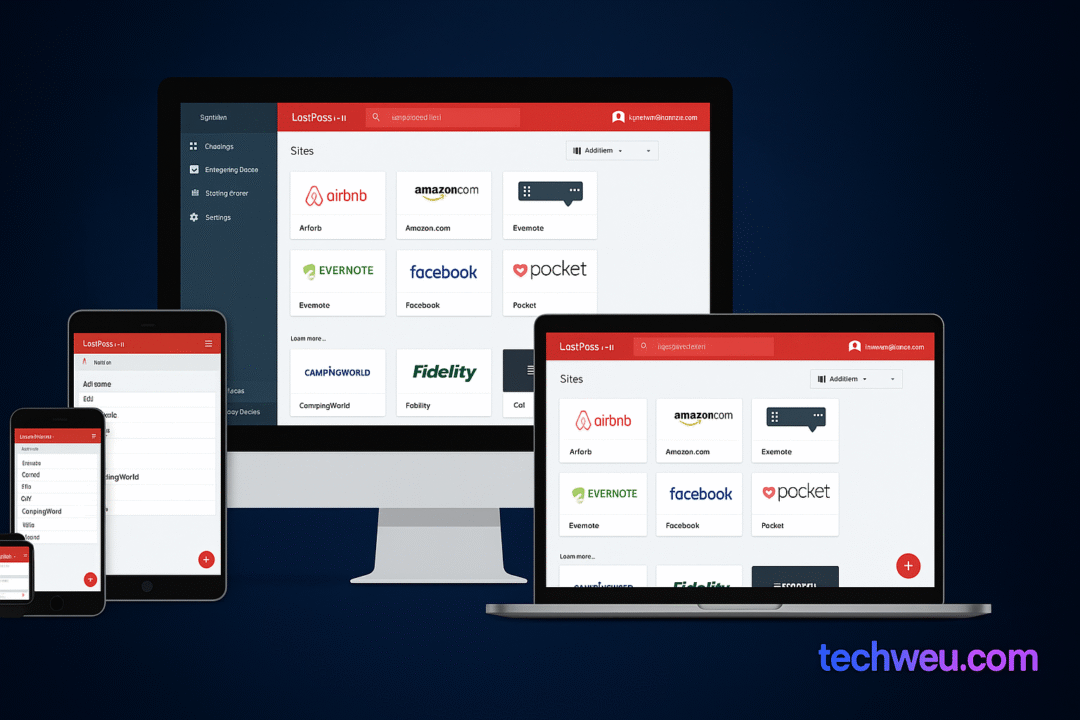Jim Salter
When program and running process huge Microsoft announced its assistance for inclusion of the exFAT filesystem specifically into the Linux kernel back in August, it didn’t get a ton of push coverage. But filesystem vendor Paragon Computer software evidently recognized this month’s merge of the Microsoft-accepted, largely Samsung-authored model of exFAT into the VFS for-next repository, which will in turn merge into Linux 5.7—and Paragon isn’t going to look satisfied about it.
Yesterday, Paragon issued a push release about European gateway-modem seller Sagemcom adopting its variation of exFAT into an forthcoming sequence of Linux-based routers. Regretably, it selected to preface the announcement with a stream of FUD (Dread, Uncertainty, and Doubt) that would not have looked out of spot on Steve Ballmer’s letterhead in the 1990s.
Breaking down the FUD
Paragon explained its arguments in opposition to open resource software—which appeared directly in my inbox—as an “posting (readily available for publication in any form) detailing why the open up supply design failed to perform in 3 circumstances.”
All a few of Paragon’s offered circumstances were curious illustrations, at greatest.
Case one particular: Android
Let us first look into some cases wherever filesystems equivalent to exFAT have been supported in Unix derivatives and how that worked from an open up source viewpoint.
The most seem situation is Android, which makes a indigenous Linux ext4FS container to run applications from Fat formatted flash playing cards (3). This exhibits the inability (or unwillingness primarily based on the sensible estimation of a necessary work) of software big Google to make its own implementation of a a lot more simple Fat in the Android Kernel.
The footnote prospects the reader to a lengthy XDA-builders article that describes the long heritage of SD card filesystems in the Android operating program. An very short summation: at first, Android utilised the mainly appropriate VFAT implementation of the Windows Fat32 filesystem. This brought on many issues—including protection problems because of to a absence of multi-consumer safety metadata.
These problems led Google to exchange VFAT with a mainly Samsung-developed FUSE (Filesystem in Userspace) implementation of exFAT. This solved the safety concerns two times over—not only have been ACLs now supported, the FUSE filesystem could even be mounted for specific buyers. Unfortunately, this led to efficiency issues—as handy as FUSE may well be, userspace filesystems never accomplish as nicely as in-kernel filesystems.
However with us so considerably? Excellent. The final phase in this certain story is Google changing exFAT-FUSE with SDCardFS, an additional Samsung-formulated task that—confusingly—isn’t really a filesystem at all. Instead, it really is an in-kernel wrapper that passes API calls to a lower-level filesystem. SDCardFS replaces FUSE, not the filesystem, and thereby allows emulated filesystems to operate in kernel space.
If you might be thinking wherever proprietary computer software arrives in to conserve the day, the respond to is basic: it would not. This is a tale of the largest smartphone functioning technique in the planet continuously and effectively using open resource computer software, strengthening performance and security together the way.
What is not nevertheless obvious is whether or not Google especially will use the new in-kernel exFAT landing in 5.7 in Android or will go on to use Samsung’s SDCardFS filesystem wrapper. SDCardFS solved Android’s auxiliary-storage efficiency problems, and it could provide additional safety benefits that simply just employing an in-kernel exFAT would not.
Case two: MacOS
The other situation is Mac OS—another Unix spinoff that continue to does not have commercial assistance for NTFS-generate mode—it only supports NTFS in a go through-only manner. That seems strange supplied the existence of NTFS-3G for Linux. Just one can activate create support—but there is no assure that NTFS volumes won’t be corrupted all through produce operations.
There are various challenges with using MacOS’ iffy NTFS assistance as a circumstance towards open up supply software package. The initially is that NTFS assistance won’t feel to be a real priority for Apple in the very first location. MacOS Typical experienced no NTFS guidance at all. The NTFS assist current soon after Mac OS X 10.3 “Panther” was, efficiently, a freebie—it was presently there in the FreeBSD-derived VFS (Digital File Technique) and network stack.
Yet another difficulty with this comparison is that NTFS is a entire-highlighted, totally modern filesystem with no missing components. By distinction, exFAT—the filesystem whose Linux kernel implementation Paragon is throwing FUD at—is an exceptionally bare-bones, light-weight filesystem made for use in embedded devices.
The ultimate nail in this particular coffin is that the open up resource NTFS implementation utilized by MacOS just isn’t Microsoft-sanctioned. It truly is a thoroughly clean-place reverse-engineered workaround of a proprietary filesystem. Worse, it can be an implementation designed at a time when Microsoft actively required to close the open supply group out—and it really is not even the fashionable version.
As Paragon notes, NTFS-3G is the present day open resource implementation of NTFS. NTFS-3G, which is dual-certified proprietary/GPL, does not suffer from likely create-corruption issues—and it truly is available on MacOS, as well as on Linux.
Mac people who really don’t want the greatest functionality can install a FUSE implementation of NTFS-3G for no cost using Homebrew, when these desiring native or around-indigenous functionality can buy a life span license directly from Tuxera. Just about every $15 license incorporates perpetual no cost upgrades and installation on up to 3 private personal computers.
It truly is most likely really worth noting that Paragon—in addition to providing a proprietary implementation of exFAT—sells a proprietary implementation of NTFS for the Mac.
Situation a few: SMB
An further case in point, absent from filesystems, is an open source SMB protocol implementation. Mac OS, as very well as the majority of printer brands, do not depend on an open-resource remedy, as there are various industrial implementations of SMB as quickly as a professional level of assistance is required.
It is unclear why Paragon believed this to be a fantastic argument versus open up supply implementations of a file process. SMB (Server Information Block) just isn’t a filesystem at all it can be a network conversation protocol launched with Microsoft Windows.
It is really undoubtedly true that numerous proprietary implementations of SMB exist—including one particular in immediate partnership with Microsoft, made by Paragon rival and NTFS-3G seller Tuxera. But this is one more extremely odd flex to attempt to make from open up resource filesystem implementations.
Leaving aside the issue of what SMB has to do with exFAT, we should be aware the considerable industrial use of Samba, the unique gangster of open resource SMB networking. In unique, Synology uses Samba for its NAS (Community Connected Storage) servers, as do Netgear and QNAP. Samba.org itself also lists high-profile industrial distributors such as but not limited to American Megatrends, Hewlett-Packard, Veritas, and VMWare.
Open up resource is below to continue to be
We congratulate Paragon on closing their well timed exFAT deal with Sagemcom. Although there is certainly great rationale to think that the Samsung-derived and Microsoft-permitted exFAT implementation in Linux 5.7 will be secure, steady, and extremely performant, it can be not below yet—and it isn’t even in the upcoming future Linux kernel, 5.6, which we assume to hit common availability in late April or early May well.
In the meantime, a business with a company need to finalize design decisions—like Sagemcom—probably is making the ideal decision to use a proprietary exFAT implementation, with business assistance. The license expenditures are possibly a tiny share of what the organization stands to gain in gross router sales, and Paragon’s implementation is a recognized price.
However, we suspect the exFAT landscape will tilt significantly after Samsung’s Microsoft-blessed edition hits the mainstream Linux kernel. With any luck ,, Paragon will evolve a additional modern-day open source strategy now, even though it even now has time.




